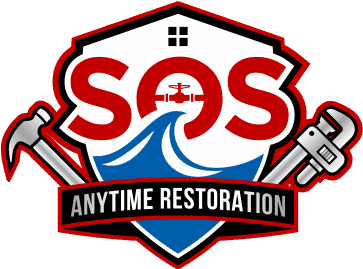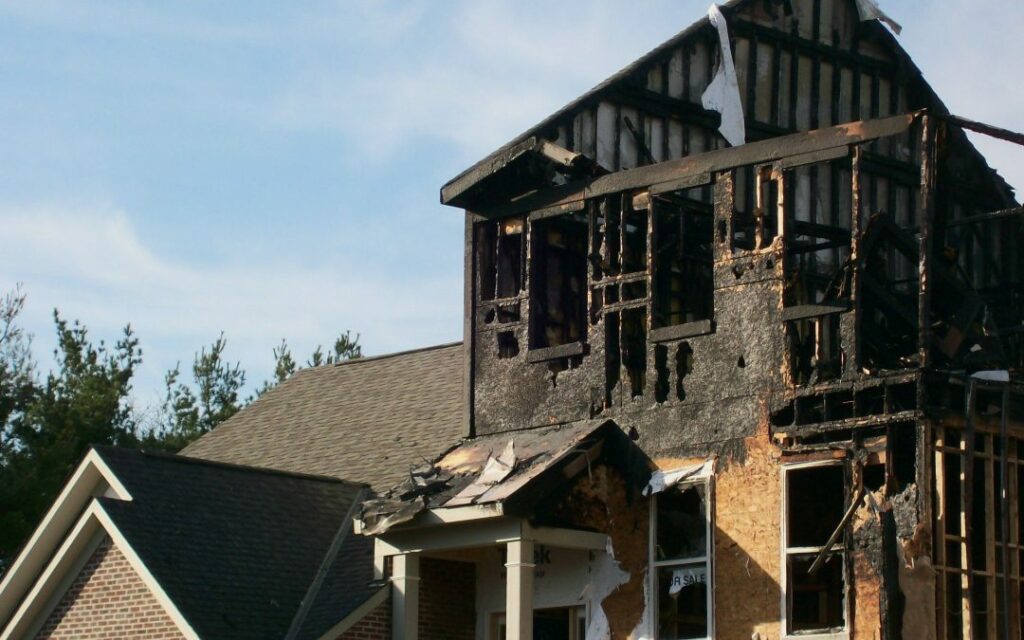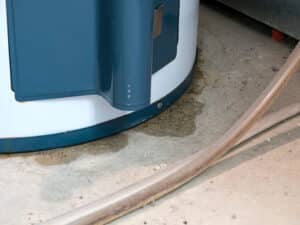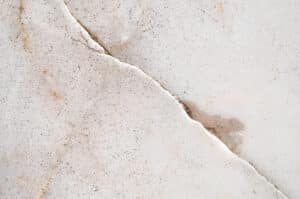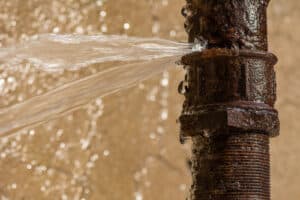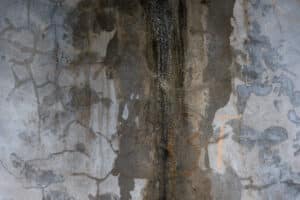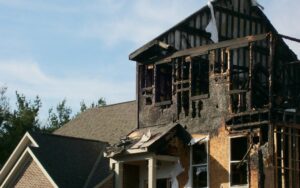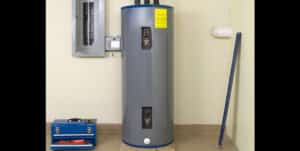We all know what we’re supposed to do to prevent house fires: don’t overload your circuits, store oils away from stovetops, keep a watchful eye on any candles. But unfortunately, hundreds of thousands of house fires still happen every year. It’s just as important to know what to do after a house fire as it is how to avoid them.
While the flames themselves are troublesome, smoke damage after the fire can cause long-lasting problems in your home and pose strong hazards to your health. If not taken care of correctly, and quickly, you’re looking at issues that will cause you years of trouble and money.
Here at AFC Flood and Fire, we know how stressful it can be to deal with the consequences of a home fire. That’s why we’ve put together this go-to guide of everything you need to know about fire damage and how to safely remedy the situation.
Types of Fire Damage
The fire damage to your home will be categorized according to the type of damage incurred (primary or secondary) as well as the cause of the fire (Class A, B, C, D, E, or F). This will determine the kind of claim your insurance will file as well as what kind of restoration you’ll need.
Primary vs. Secondary Damage
Primary damage refers to any damage that results from immediate contact with the fire’s flames.
Secondary damage is damage that results from the smoke or soot of the fire. This is the most common kind; unfortunately, it’s also the most destructive.
Classes
Class A damage is a result of a fire involving flammable solids, like wood, paper, or plastics.
Class B damage is a result of a fire involving flammable liquids, or solids that can become liquids. Examples are gasoline, paint, and certain kinds of wax. This class does not include fats or oils.
Class C damage is a result of flammable gases, like Hydrogen, propane, butane, and natural gas.
Class D damage is a result of combustible metals.
Class E damage is a combination of Class A and B, but with the added element of electricity.
Class F damage is a result of flammable fats and oils. These burn hotter and are more difficult to fight than the liquids in Class B.
Water Damage
While water damage might not be the first effect of a house fire to come to mind, it’s definitely worth checking for. Fires can cause floods if the flames disrupt or destroy a house’s pipes. In addition, destruction of the house’s construction can leave it vulnerable to the elements (rain in particular).
Why You Need to Call a Fire Restoration Company
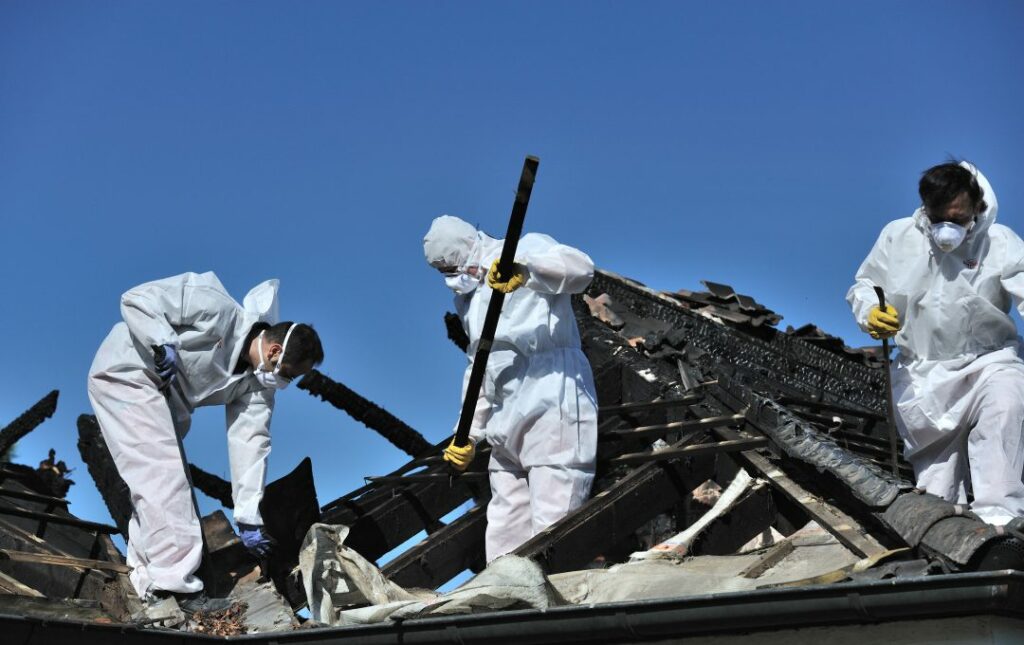
First off, if you’ve recently had a fire in the home, time is of the essence. Within minutes, many burnt household objects will start to release unsafe toxins and soot will begin to settle into areas of the house that will need immediate attention. The longer they’re left, the harder it will be to clean.
Second, prices for restoration will also increase drastically as time goes on; the fire damage restoration cost pales in comparison to what you’ll have to pay (in time, safety, and money) if you wait too long in order to avoid initial fees.
Third, much of the work that goes into the fire restoration process is improbable or impossible without an expert, like an accurate assessment of the damage. While the average homeowner can spot obvious damage, they are often unaware of the deeper effects they can’t see. Soot and smoke damage cannot be washed away with basic cleaning supplies.
What to Expect from the Fire Damage Cleanup Process
After the fire is safely dealt with, and you’ve called a restoration expert, it’s time to deal with the process of clean up.
Filing for Fire Damage Insurance Coverage
This is the responsibility of the homeowner. Make sure that you call your insurance as soon as possible to let them know what happened; your insurance company may deny you coverage if you don’t file a timely claim or prevent further damage to the property.
However, we know it’s stressful enough to manage a claim without an emergency like a recent house fire on your hands. Restoration companies like AFC will help guide homeowners through the claims process, so you have one less thing to worry about.
Assessment Report of the Damage
The first thing any restoration company will do is give you a full assessment of the damage that resulted from the house fire, including a full inventory of lost items. Your insurance company will require this in order to file a claim.
If any of the objects are damaged beyond repair, they will be immediately removed and disposed of. The restoration company will also help you salvage your belongings and keep them offsite during the restoration.
Applying Sealer to Prevent Further Damage
Next, professionals will cover or seal the affected areas to prevent any more damage. This is of particular importance if there is any major water damage due to the fire, or even just a leak from a hole burned in the wall.
Smoke and Smoke Odor Removal
This is one of the most extensive, but important, steps.
The smoke odor from a house fire is one of the top complaints of homeowners, and for good reason – the smell can seem all-encompassing, and trapped smoke is also a huge health hazard. If done incorrectly the damage can be permanent.
Unfortunately, there’s a good chance that the smoke will be trapped in the structure of the house itself. This is especially true if water was used to extinguish the flames, since the humidity opens the wood’s “pores” and allows smoke to permeate it.
The following will need to be thoroughly cleaned, or even replaced depending on the level of damage and porosity:
- Carpet
- Marble
- Framing
- Drywall
- Laminate floors
- Grouting
- Granite
Luckily, the restoration expert you hire will be able to get this done as quickly as possible with professional tools for removing odors, such as an Ozone machine, fogger, and a specialized high-pressure vacuum.
Fire Damage Restoration Tips: What You Can Do on Your Own
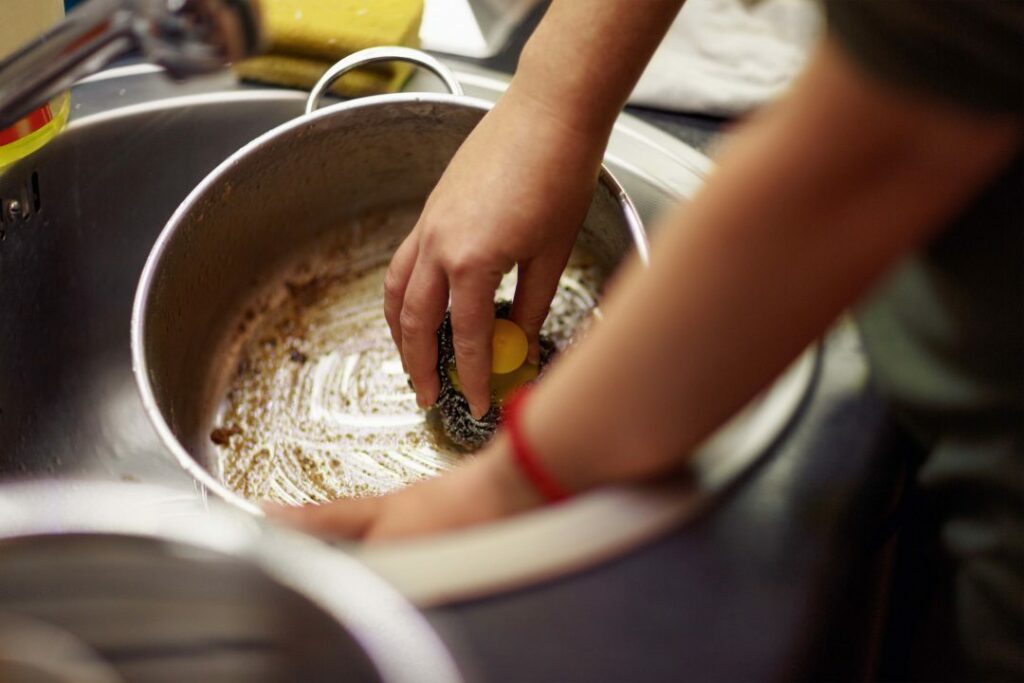
While it’s always a good idea to call a professional to deal with the aftermath of a house fire, there are few things that you can do on your own to make the process easier for both you and the help you hire.
Stay Safe
Only enter your home if you’re absolutely sure it’s safe to do so. Otherwise, stay out of the house until professional help arrives.
If you can enter safely, make sure to wear long pants, sleeves, work gloves, and a mask to keep out soot and avoid any health risks.
Ventilate the Area
Airing out the damaged room or rooms will be a tremendous help to evacuate smoke and fumes. This will lower the risk of respiratory hazards, make the space easier to work in, and reduce the amount of time spent by professionals moving the polluted air. In addition to opening windows, make use of any fans you have.
Do a Primary Assessment
No one knows your house better than you do. While you don’t have to necessarily document the damaged or lost items (the insurance or restoration company will do that), it’s good to get an idea of what kind of work you’ll be dealing with. It can make the process quicker if you can identify the first few places that will need attention.
Clean Laundry and Kitchenware…
If they’re not directly damaged by the fire, you can wash items like bedsheets, couch covers, curtains, and clothes, as well as kitchenware like pots, pans, and dishes. Use an alkaline cleaning agent. Smoke odor can be tenacious in fabrics, so you’ll probably have to wash them several times.
Only use a washer and dryer if they haven’t been affected by the fire or you will cause more damage through their use. If these machines were in the room of the fire, refrain from using them and take the clothing to a laundromat.
…But Nothing Else
One of the biggest mistakes that homeowners make after a fire is attempting to clean up themselves.
While it may seem helpful, this can hurt you when you’re making an insurance claim. If an insurance adjuster doesn’t see the full extent of the damage, or that you interfered, they may give you much less coverage or deny you coverage altogether.
Don’t scrub, vacuum, or remove anything. The best thing you can do is have an idea of the damage, not try to fix it yourself.
Need Help with the Fire Cleanup Process?
The effects of a house fire can last long after the flames are put out, but not with the right help. AFC is ready to take your call 24/7 and give you the immediate support you need. We’re here to help you after any major fire or water damage, day or night – because we’re dedicated to getting your home and life back to normal.
Learn more about our services or call us today 619-832-8100 for a consultation.
